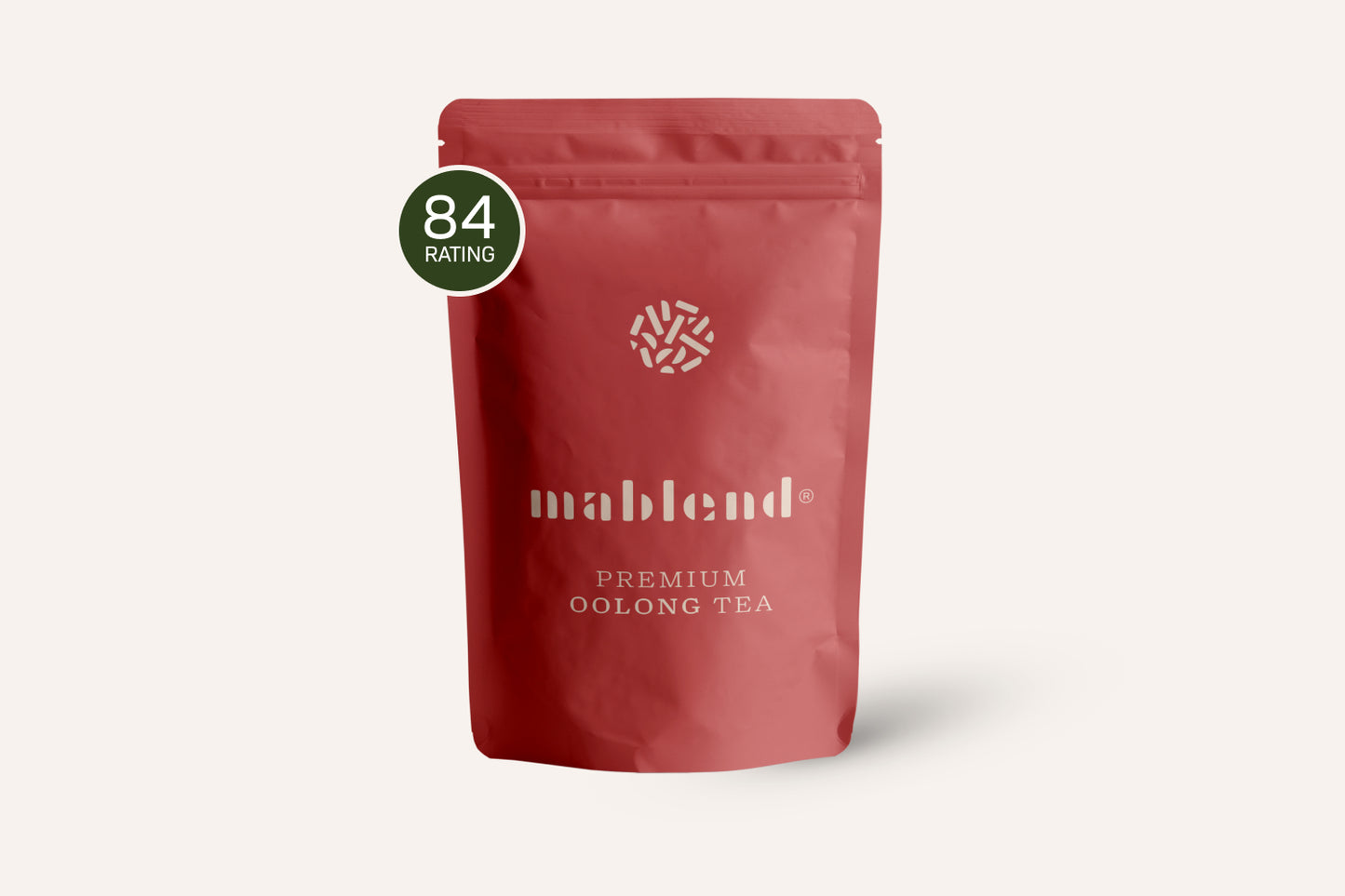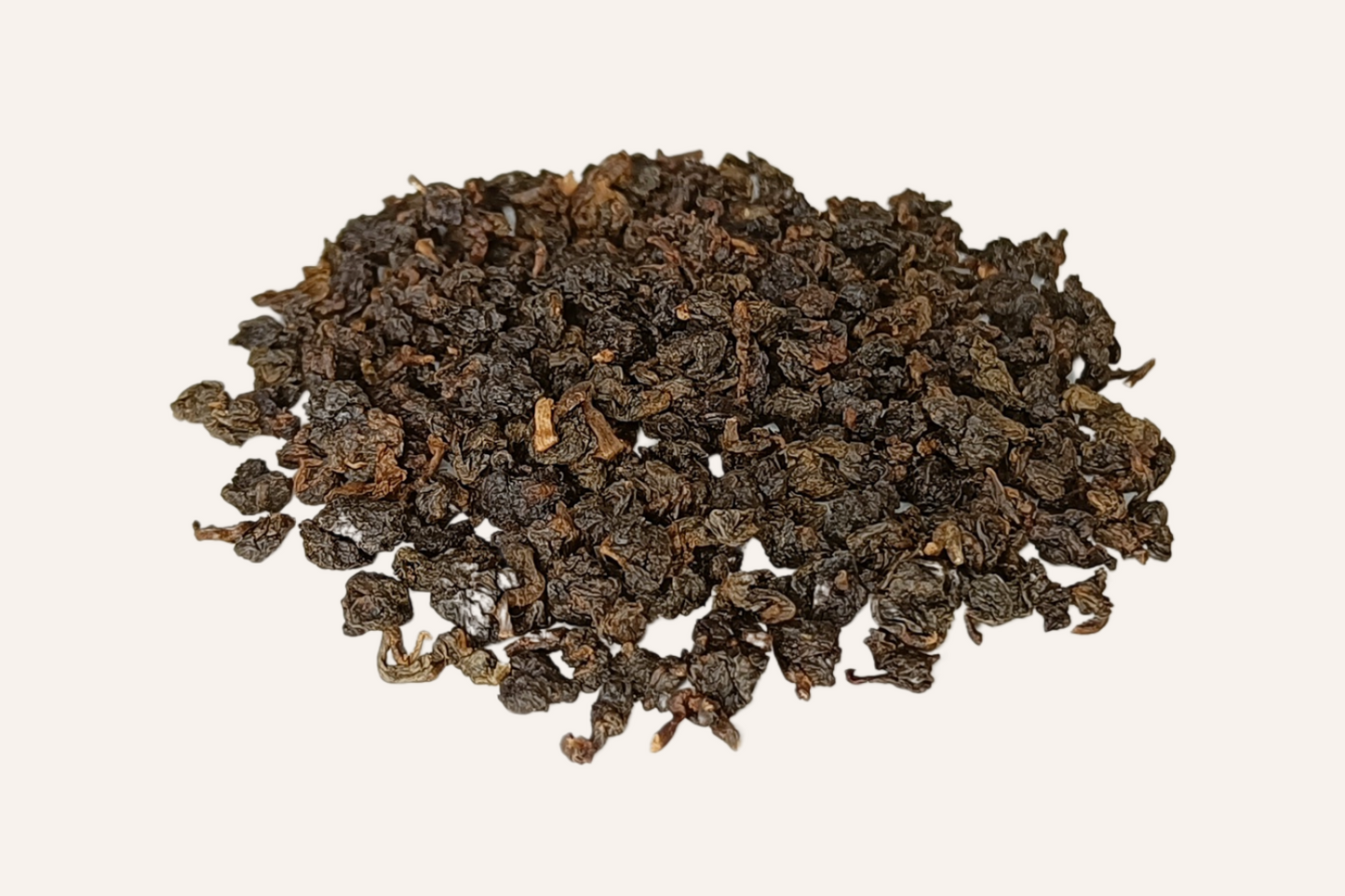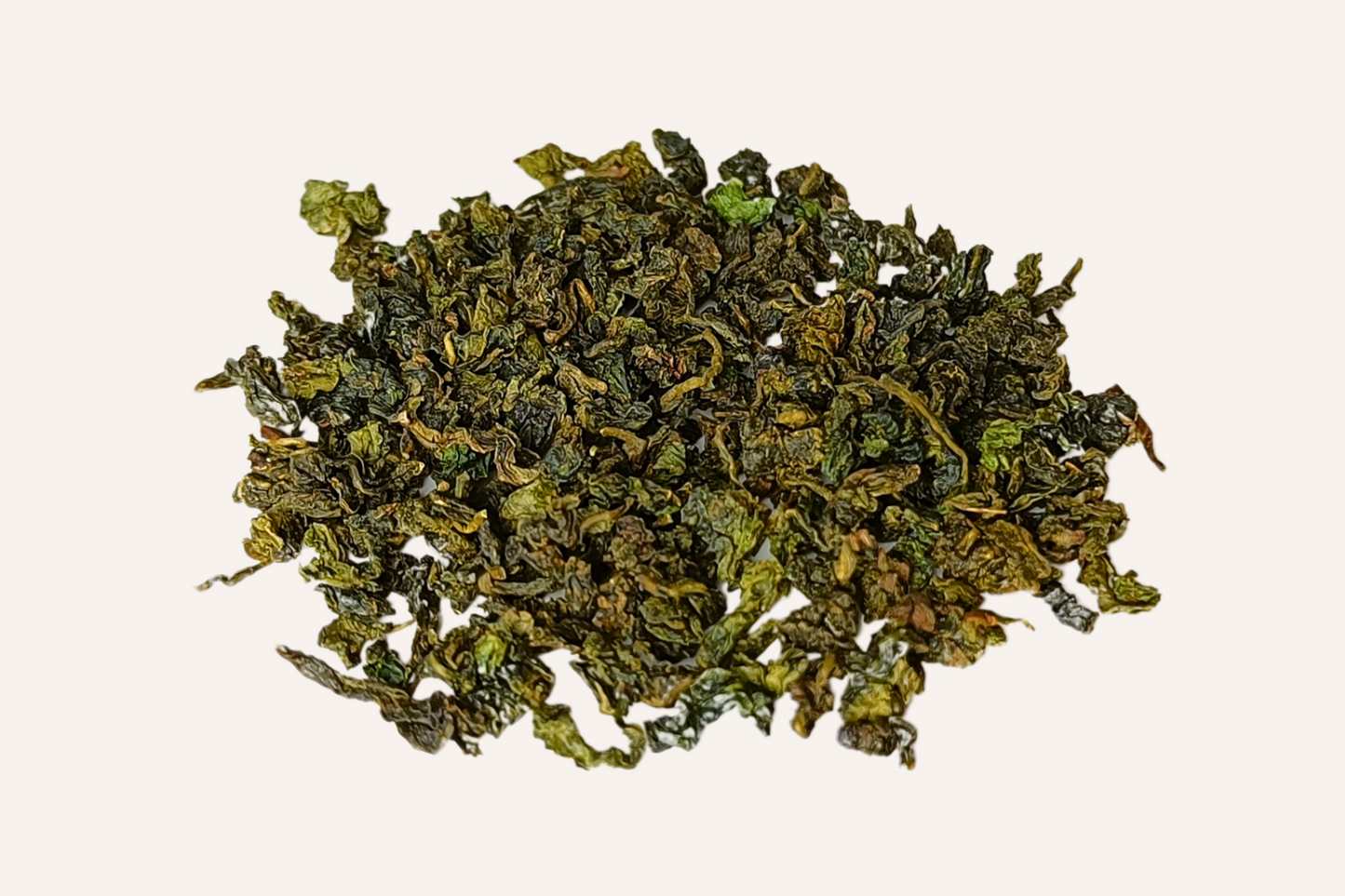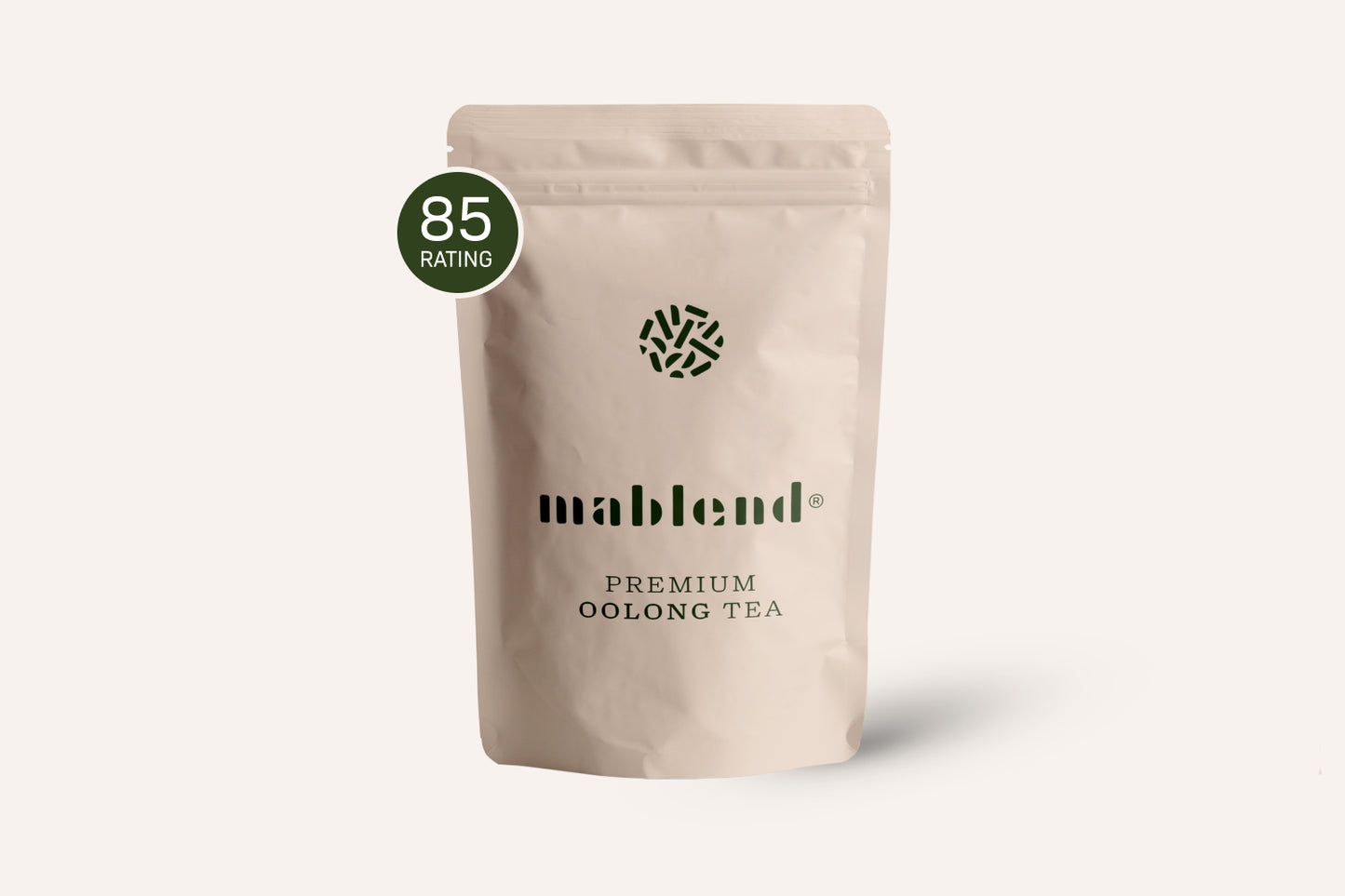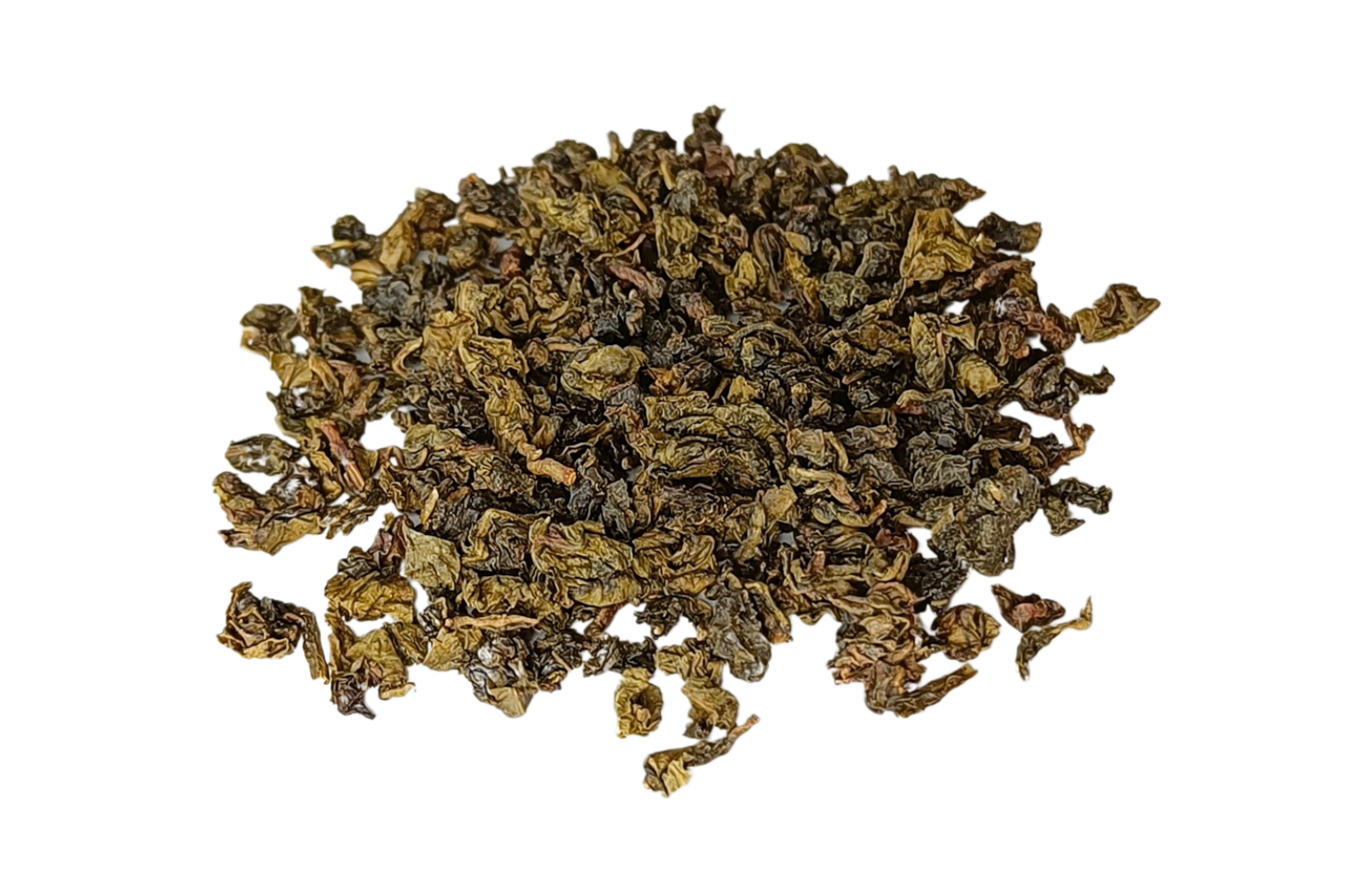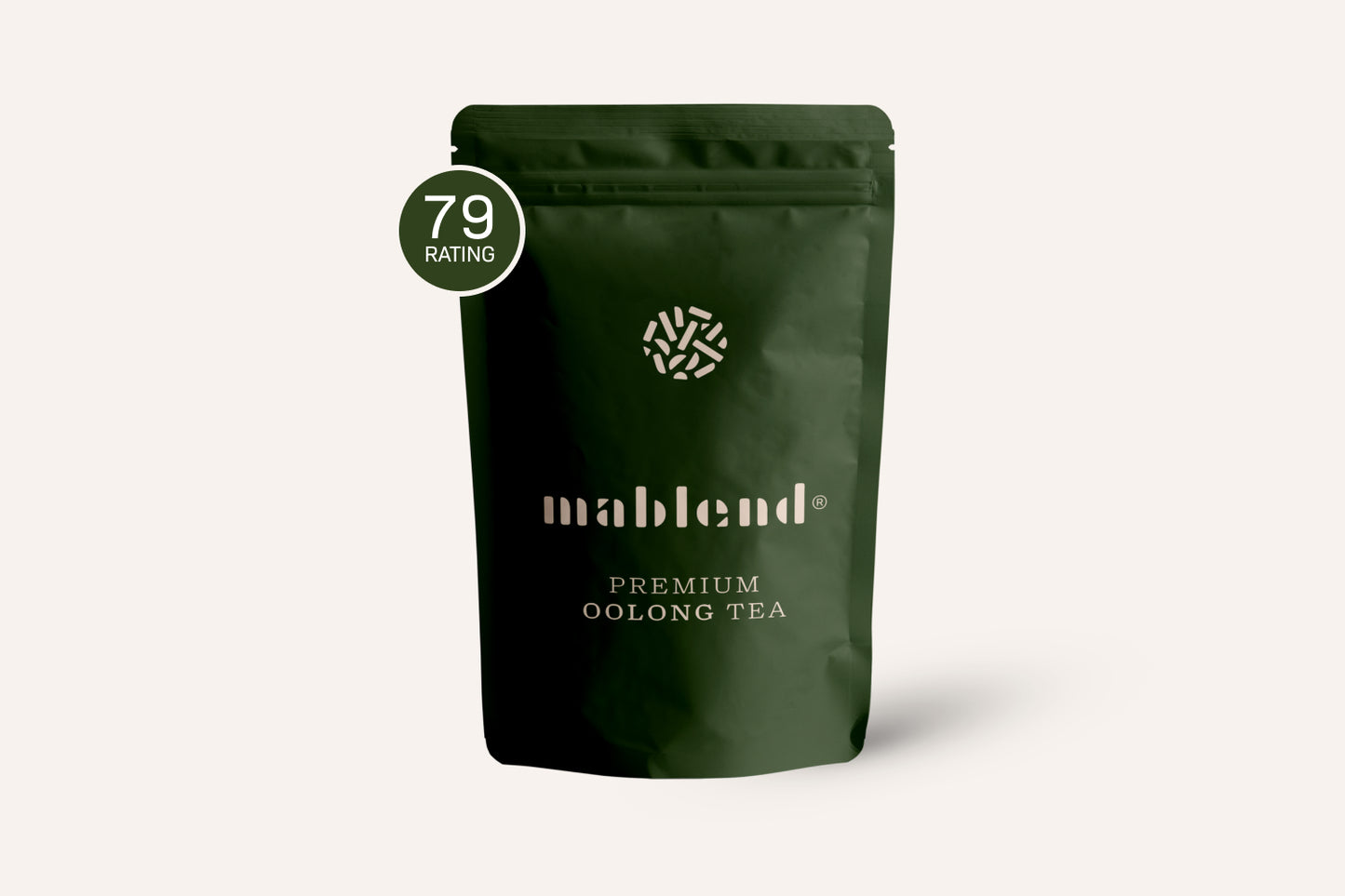White tea, one of the rarest and exclusive types of tea, has captured the attention of tea lovers around the world. This delicate and delicately flavored tea is prized for its uniquely elegant appearance, and potential health benefits.

Sourced from the same plant as oolong, green and black tea, white tea is distinguished by its mild flavor and lighter color. White tea is often associated with purity and elegance and is made from the young leaves and buds of the tea plant.
One of the best-known white teas is Pai Mu Tan (or Pai Mu Dan).
In this article, we'll take a closer look at what white tea is, its potential health benefits, and the frequently asked questions surrounding this fascinating type of tea.
What does white tea do to your body?
White tea is not only known for its smooth taste, but also for the specific way in which it is produced. Including varieties such as Pai Mu Tan, white tea offers a unique tea experience.
- Antioxidants and health benefits : White tea is rich in antioxidants that can help protect against cell damage. There is research suggesting that white tea may have benefits for the heart, skin, and immune system ( source ).
- Possible side effects : While the benefits of white tea are numerous, it is important to also understand the potential side effects and drug interactions. Pregnant women should reduce their tea consumption ( source ).
Is white tea healthy?

White tea has been valued for centuries for its health benefits. But what makes it so healthy?
- Comparison with other teas : Compared to other teas, white tea often contains less caffeine and more antioxidants. This makes it an attractive choice for those seeking the health benefits of tea without the stimulant effects of caffeine.
- Scientific studies : Several studies have shown that white tea can help lower the risk of heart disease, improve skin health (link to studies ).
Does White Tea contain Caffeine?
Although white tea is known for its lower caffeine content, it is important to note that it still contains caffeine.
- Caffeine content : White tea contains an average of 15 to 30 milligrams of caffeine per cup, depending on processing and brewing time. This is less than in green and black tea, but still enough to provide a mild stimulant. An average cup of coffee contains 130 milligrams of caffeine. Decaf coffee contains 7 milligrams per cup.
- Effect of Caffeine : The limited caffeine content can provide a subtle energy boost without the jitteriness sometimes associated with stronger teas and coffees.
Which tea is classified as white tea?
White tea is a versatile category with many different flavors and characteristics.
Types of white tea : White tea is available in different varieties:
- Fuding Shou Mei White Tea
- Fuding Shou Mei Dragon Ball White Tea
- Fuding White Tea Cake
- Moonlight Beauty Raw Pu-erh Loose Tea
- Organic White Peony (Bai MuDan) Tea
- Shou Mei tea
- Silver Needle tea
The differences have to do with the region of origin, the way of picking and the processing.
How Is White Tea Made?

The process of making white tea is both an art and a science, and it plays a huge role in determining its flavor.
-
Picking : White tea is usually picked by hand, and only the young leaves and buds of the tea plant are selected. The timing of the picking is essential, and it is often done on a dry, sunny day.
-
Wilting : After picking, the leaves and buds are spread evenly to wilt. This process can take place outside in the sun or indoors. Wilting helps reduce moisture in the leaves and makes them more flexible for further processing.
-
Drying : Unlike other teas, white tea is usually not rolled or broken. This helps keep the cell structure of the leaves intact. The leaves are dried gently, often in the shade or at a controlled temperature in a drying room.
-
Oxidation : White tea undergoes very light oxidation as the leaves are not broken or rolled. This gives white tea its characteristic soft and delicate taste.
-
Sorting and selection : After drying, the leaves are carefully sorted and selected for quality. This process can be done manually by experienced tea masters who choose the best leaves.
-
Packaging : Finally, the white tea is packed and sealed to maintain freshness and quality.
The process of making white tea is delicate and requires great attention to detail. The way white tea is made has a major influence on the final taste and aroma of the tea.
The Taste of White Tea
White tea is known for its soft, subtle taste, but there are variations that can enrich the taste experience.
- Flavor profiles : The taste of white tea can range from sweet and floral to fresh and mild, depending on the type and brewing process. Pai Mu Tan, for example, often has a softer, floral flavor.
- Brewing instructions : Brewing white tea requires careful attention. It is best to use mineral-free water because otherwise it will affect the taste of the tea. The temperature of the water should be 70-80°C.
Frequently Asked Questions
Here are some frequently asked questions about white tea that may help you understand and enjoy this special type of tea.
- What is the best white tea? : This is subjective and depends on personal taste preferences. Tasting and experimenting with different types, such as Pai Mu Tan, silver needle is the best way to find your favorite.
- Is white tea organic? : Not all white tea is organic. Look for labels that indicate the tea is certified organic if this is important to you.
- Can you make white tea with jasmine? : Yes, white tea can be combined with jasmine to create a floral and fragrant blend. This combination can provide a wonderful aroma and refined taste.
Conclusion
White tea is more than a refreshing drink you drink in the spring; it is a symbol of culture, elegance and well-being.
Whether you're a seasoned tea drinker or just starting to explore white tea, its delicate flavors, health benefits and diverse varieties make it an intriguing choice. Whether you choose the classic Pai Mu Tan or experiment with white jasmine tea, white tea offers a world of flavor to discover.
